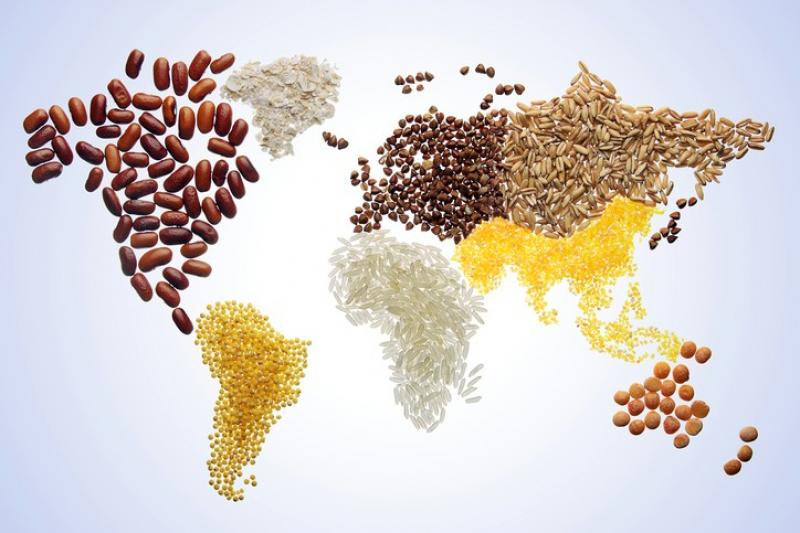
There is little time left before the start of the harvest campaign. And while farmers are getting ready for the hot season, consulting companies make crop forecasts and continue to share information about the situation in the global market. Sergey Feofilov, director of the analytical center of UkrAgroConsult, shared the latest trends in the global agricultural sector with World of NAN.
Our interviewee mentioned several factors that have a significant impact on the global market. The main one is the adjustment of regulatory measures in the European Union. First of all, the adoption of a new common agricultural policy which provides for the absence of market interventions.
"If before, for 50 years, in the event of a decrease in the price of grain, this grain was bought back from the market and sent to the reserve, now this is no longer the case. This means that market mechanisms of price regulation will be abolished," Feofilov says.
One more no less important point arises from the new agrarian policy: the increasing role of the regulation of national budgets of EU countries and the introduction of higher environmental standards. This includes a direct linkage of subsidy payments to farmers to conform to these standards. According to the analyst, stricter requirements may well affect the fact that the amount of subsidies to the European agricultural sector will be reduced. And this in turn will directly affect the role of European grain and oilseed exports on the world market.
During the talk the expert named leakage of investments from real sector of agrarian and industrial complex to stock exchanges as one of the global tendencies. These are stocks and bonds. The interest in stock exchanges is quite understandable, our interlocutor believes. The profitability of investment in the financial sector is almost guaranteed; risks at stock exchanges are lower compared to agricultural commodity markets where weather, climate change, and market conditions play the key role.
According to Feofilov, the world market is still under pressure from the pandemic.
"The Coronacrisis inevitably made its adjustments. It showed that there is nothing more important than ensuring food security; food will always be in demand. Prices are rising. And they will go up. Consumers will now have to get used to paying more for food. This is confirmed by FAO, which said that the world is on the verge of a supercycle of grain and oilseeds prices," - says the expert. And adds that the food inflation is breaking records. The main cause of inflation, the expert calls the damage to the global economy pandemic and new fears of hunger and malnutrition in even the richest countries in the world.
"The completion of vaccinations and extensive trillions of dollars in financial stimulus programs are expected to unleash restrained demand and cause consumer prices to spike. The estimate of pent-up global consumer demand is $3 trillion to $4 trillion. As a result, consumer spending on food around the world will increase many times over. Along with everything else, prices for grains and pulses will go up. This is due to increased demand from China," Feofilov shares his predictions. And to overcome the price increases, you need to find a balance between supply and demand - against a backdrop of high demand to grow and investment in the agricultural sector, the analyst said.






































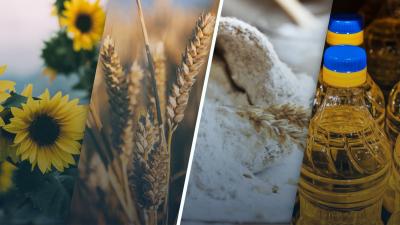
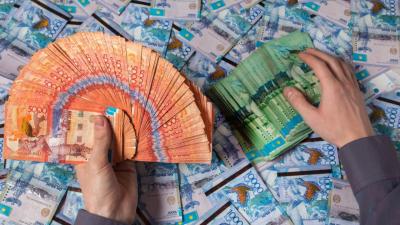
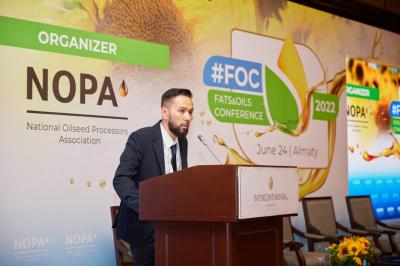
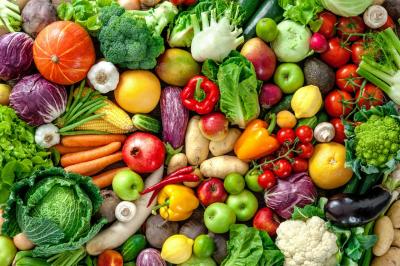


Обсуждение